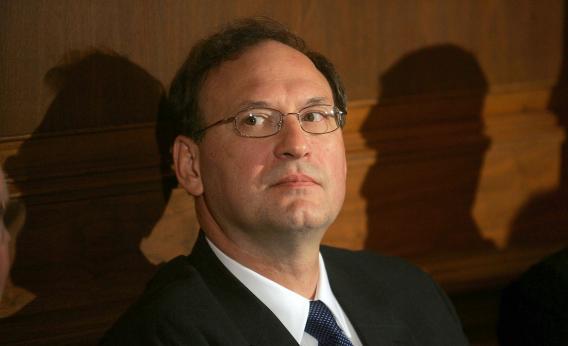Read the rest of Slate’s coverage on the Supreme Court upholding the Affordable Care Act.
As I’ve noticed previously, there’s lots of other stuff in the Affordable Care Act besides the new regulation of insurance companies, including a move to deregulate dental services. So I was curious to see why the dissenters in the Supreme Court thought that not only was the individual mandate and the provisions related to the individual mandate unconstitutional, but also all this other stuff.
The answer is that they appear to have made up a new Christmas Tree Doctrine under which legitimate acts of Congress are held null and void if Antonin Scalia thinks they were part of some kind of unseemly horse-trading:
Some provisions, such as requiring chain restaurants to display nutritional content, appear likely to operate as Congress intended, but they fail the second test for severability. There is no reason to believe that Congress would have enacted them independently. The Court has not previously had occasion to consider severability in the context of an omnibus enactment like the ACA, which includes not only many provisions that are ancillary to its central provisions but also many that are entirely unrelated—hitched on because it was a quick way to get them passed despite opposition, or because their proponents could exact their enactment as the quid pro quo for their needed support. When we are confronted with such a so called “Christmas tree,” a law to which many nongermane ornaments have been attached, we think the proper rule must be that when the tree no longer exists the ornaments are superfluous. We have no reliable basis for knowing which pieces of the Act would have passed on their own. It is certain that many of them would not have, and it is not a proper function of this Court to guess which.
That all seems fine except I would have thought it was the prelude to the opposite ruling. It’s not the proper function of the court to guess why different provisions were enacted, just to rule on the constitutionality of laws. Since there’s plainly no constitutional problem with regulating interstate chain restaurants, the law is the law until Congress repeals the law. Instead, Justices Scalia, Alito, Kennedy, and Thomas have decided that rather than pick and choose it would be better to strike everything.
